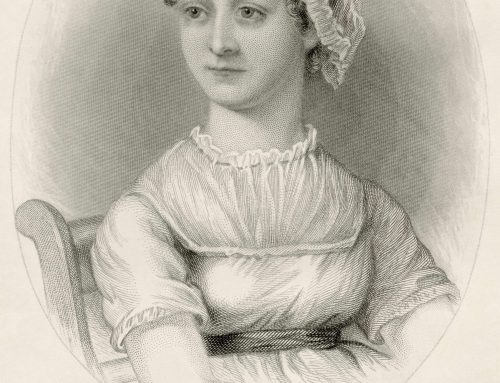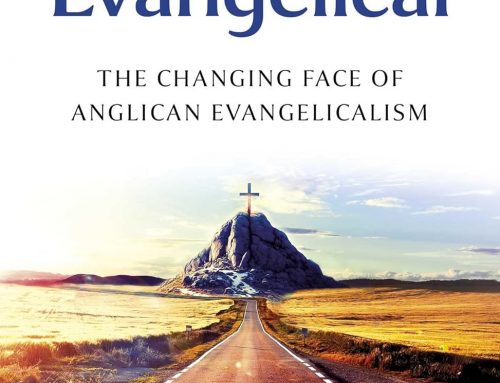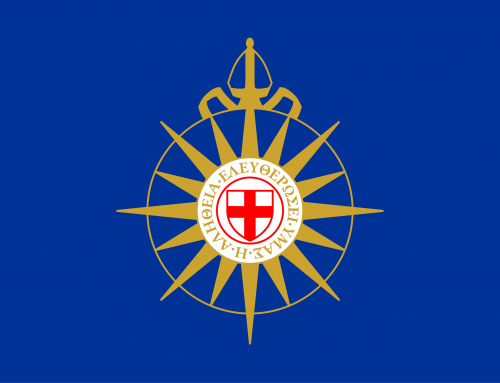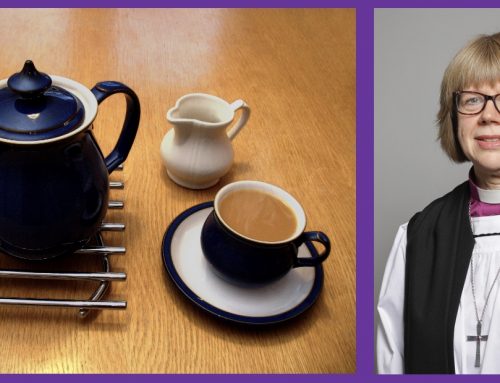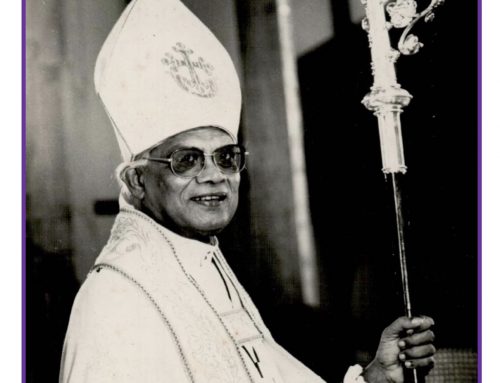Are Archbishops becoming an endangered species?

Editorial – 29th June 2025. Feast of SS Peter & Paul, Apostles
The Rev’d Dr. Nicholas Henderson, Editor Anglicanism.org
The Archbishop of the Church in Wales has become the latest Archbishop to resign. This has come in, what must seem to many, to be confusing and complicated circumstances surrounding events at Bangor Cathedral.[i]
It was only earlier this year that the then Archbishop of Canterbury relinquished his position early over the Makin Report,[ii]a resignation for which latterly he has expressed some misgivings.[iii] One could add former Archbishops to the list who in the last few years have ended their tenure and then lost their permissions to officiate, again for rather confusing and complicated reasons.
From 1660 the year of the restoration of the monarchy under Charles II to 1902 all Archbishops of Canterbury died in office. Archbishop Randall Davidson (1848-1930) the longest serving Archbishop of Canterbury since the Reformation was the first modern era Archbishop to retire. Conciliatory by nature, an early confidante of Queen Victoria, he was enthroned in 1903 and spent much of his time in office keeping the Church together in the face of deep and often acrimonious divisions between the then ascendent Anglo-Catholics and beleaguered Evangelicals – something of a mirror-image of today’s Church almost a century later.
Whereas, in relatively recent times, there have been Archbishops who might merit the sobriquet ‘great’, one thinks in this respect of the two-year Canterbury (1942-44) tenancy of William Temple, mostly they were men who tried hard, meant well, but ultimately presided over a continuous slow decline of the post Second World War Church of England. At the same time an increasingly vigorous and growing ‘third world’, ‘southern hemisphere’ Anglican Communion was and still is emerging.
In this respect do we really need an Archbishop? The Church of England in its eclipse during the Commonwealth interregnum in the 16th century almost lost bishops altogether. Reformation thought, when examining scripture closely and critically, just about tolerated the argument for local bishops. It firmly rejected heroic attempts to base monarchical style papacy on the fishermen followers of Jesus. Nevertheless, the ‘episcopal purple’ once the preserve of Roman Emperors remains in some sections of the Church a popular concept of rallying around a quasi-regal figure of a top man, or even possibly a future top woman.
This works, after a fashion, in the Roman Catholic and Orthodox Churches and even in the current political world of elected popularist cult-like figures – let the reader understand. Anglicanism, as it is increasingly described, even though strictly speaking this is not the description of a Church but rather of a type of Christianity, is still too Protestant to tolerate fully the weight of expectations laid upon its chief leader.
“Why, if the Roman Catholic Church can elect a Pope in two days, is it taking so long to do the same for an Archbishop of Canterbury?” This question posited to this author caused him to stumble and mutter something like “because the Archbishop of Canterbury isn’t a pope.”
Therein lies the nub of the problem. Any future Archbishop, in the absence of something radical, will have to balance time between being a titular focus for the Anglican Communion, the voice of the English Church, an exemplar for public conduct, and a glue to hold a divisive and divided Church together.
It’s too late now, the cogs are in motion, turning slowly of course, in the appointment process of the next Archbishop. The Crown Nominations Commission is about its task[iv] and although have been a few tweaks to the process, including a few more representatives from the wider Anglican Communion, it’s a carefully choreographed process hoping, praying for a cross proverbially between St Francis of Assisi and the Archangel Gabriel.
In all this there is inbuilt potential failure as a mere human being will emerge who may or may not succeed eventually in retiring rather than resigning. Perhaps we should return to where things really matter pastorally in the parishes and at most tolerate the local diocese?
Nicholas Henderson
[i] https://www.churchinwales.org.uk/en/news-and-events/retirement-of-the-archbishop-of-wales/
[ii] https://www.churchofengland.org/media/press-releases/independent-review-churchs-handling-smyth-case-published
[iii] https://www.thetimes.com/uk/religion/article/justin-welby-archbishop-canterbury-resign-9kczxlzjz
[iv] https://www.gov.uk/government/news/archbishop-of-canterbury-appointment-process

